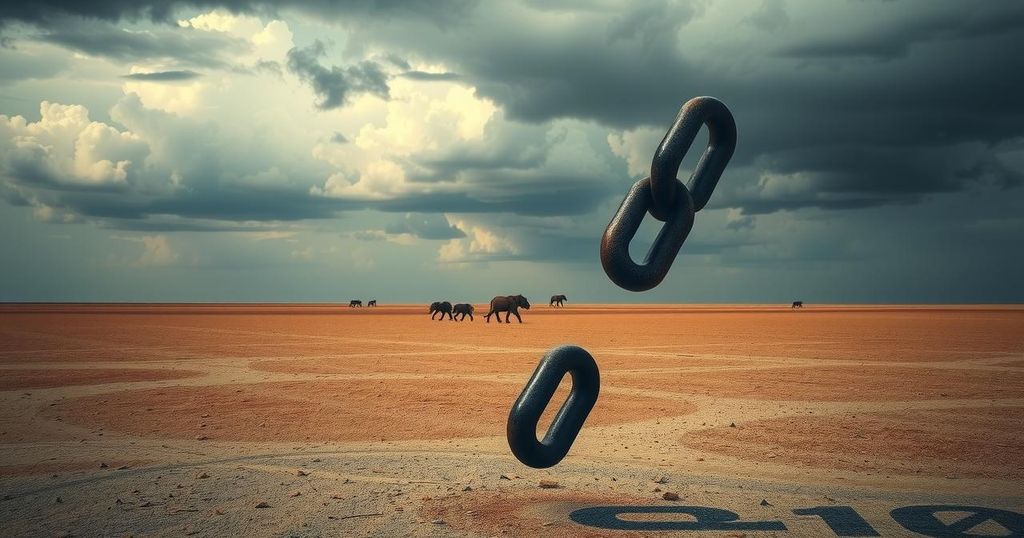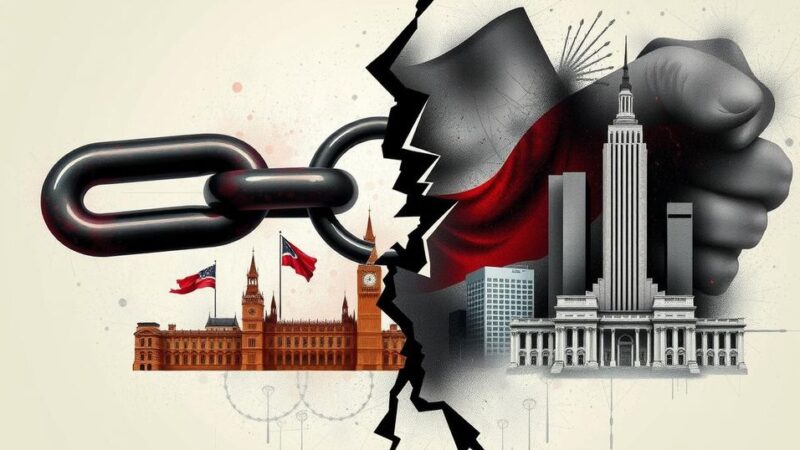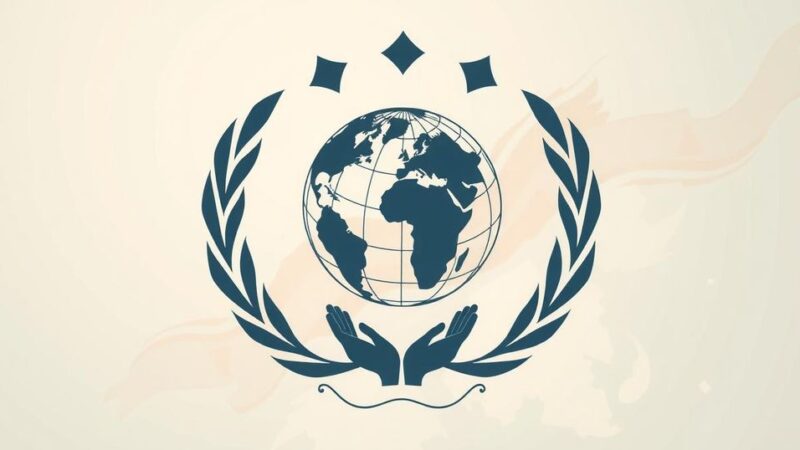The UN human rights chief warned of an intensifying humanitarian crisis in eastern DRC due to the M23 offensive backed by Rwanda, resulting in significant loss of life and rampant human rights abuses. Calls have been made for international intervention to alleviate the situation, which includes reports of extensive violence, sexual crimes, and health risks. The need for a coordinated response is urgent to address the complex political and humanitarian challenges facing the region.
The UN human rights chief, Volker Türk, expressed deep concern over the escalating violence in eastern Democratic Republic of the Congo (DRC), attributed to the Rwanda-backed M23 offensive. He warned that without international intervention, the situation could worsen significantly for the affected populations. Since January 26, the conflict has resulted in nearly 3,000 fatalities and close to 3,000 injuries, highlighting the grave humanitarian crisis in the region.
The ongoing hostilities in eastern DRC, particularly in North Kivu and South Kivu provinces, have disrupted the lives of countless individuals, forcing mass displacements. The M23 fighters, primarily comprised of Tutsi members, have advanced control over strategic areas, including regions approaching the city of Goma. The UN Commission is considering a fact-finding mission in response to the rapidly deteriorating human rights violations.
During a recent emergency session, Mr. Türk emphasized the severity of sexual violence as a recurring issue amidst the conflict. Reports detailed alarming incidents, including attacks on hospitals and abuses during a prison break, which saw numerous women victims. There is a plan for further investigation into these serious allegations as UN staff continue to verify accounts of sexual violence.
Bintou Keita, the UN’s Special Representative in the DRC, corroborated these concerns, noting that bodies were still unclaimed in Goma, now under M23 control. Additionally, she highlighted urgent humanitarian needs, especially amidst rising health risks, such as cholera and access to medical services hindered by armed conflict. Calls for immediate humanitarian assistance were echoed to alleviate the suffering in the region.
The DRC’s Minister of Communications condemned ongoing support for armed groups from neighboring nations such as Rwanda, asserting that such backing has exacerbated regional violence for decades. However, Rwanda’s Ambassador dismissed these accusations, claiming that threats loomed against Rwanda, necessitating their military action. Disputes continue as both countries highlight reciprocal allegations.
Throughout this crisis, Mr. Türk stressed the need for collective international action, linking consumer product production, such as mobile phones, to the minerals sourced from the DRC. He urged for global awareness and accountability regarding the humanitarian impact of resource exploitation in eastern Congo.
The Democratic Republic of the Congo (DRC) has faced prolonged instability, particularly in its eastern regions, due to armed group activities and geopolitical interests. The M23 rebel group, linked to Rwanda, has been accused of escalating violence since early 2023, prompting international attention and concerns about human rights violations. The ongoing conflict has created significant humanitarian challenges, affecting countless civilians who are caught amid the turmoil.
In conclusion, the escalating violence in eastern DRC necessitates urgent international intervention to prevent further deterioration of the humanitarian situation. The reported human rights violations, particularly concerning sexual violence and the targeting of civilians, underscore the critical need for accountability and support to affected populations. Both local governance and international communities must acknowledge their roles in addressing this crisis and fostering a sustainable resolution.
Original Source: news.un.org






